Stop and take breaks to discuss how it’s going. Your supervisor should make sure it’s a well-ventilated and peaceful environment. They shouldn’t shout or do anything to raise your stress levels.
Who can teach me to drive?
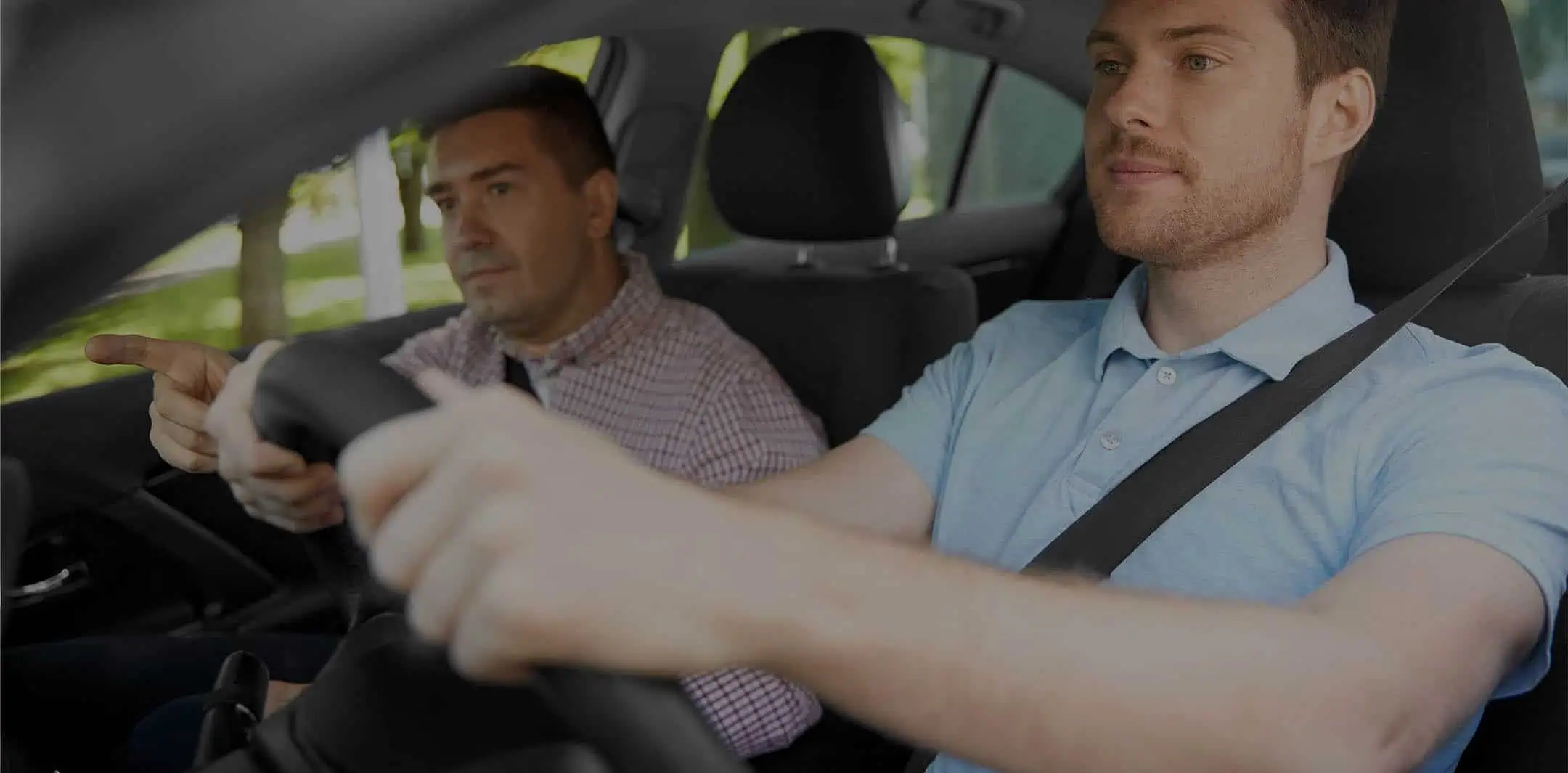
Before
Lessons
Tests
Passed
Learning Menu
Who can teach me to drive?
Who can supervise a learner driver?
Apart from a qualified driving instructor, who else can teach you to drive?
Mum, Dad, relatives or friends can teach you to drive in their car or yours, providing they have been driving for three years.
Learning to drive requires input, so spending time with family to practice and supplement your driving lessons is priceless.
However, teaching learner drivers can be a daunting responsibility with the constant changes in the driving laws to sweat and bad habits to avoid passing on.
Read on for the rules and requirements for teaching a learner driver.
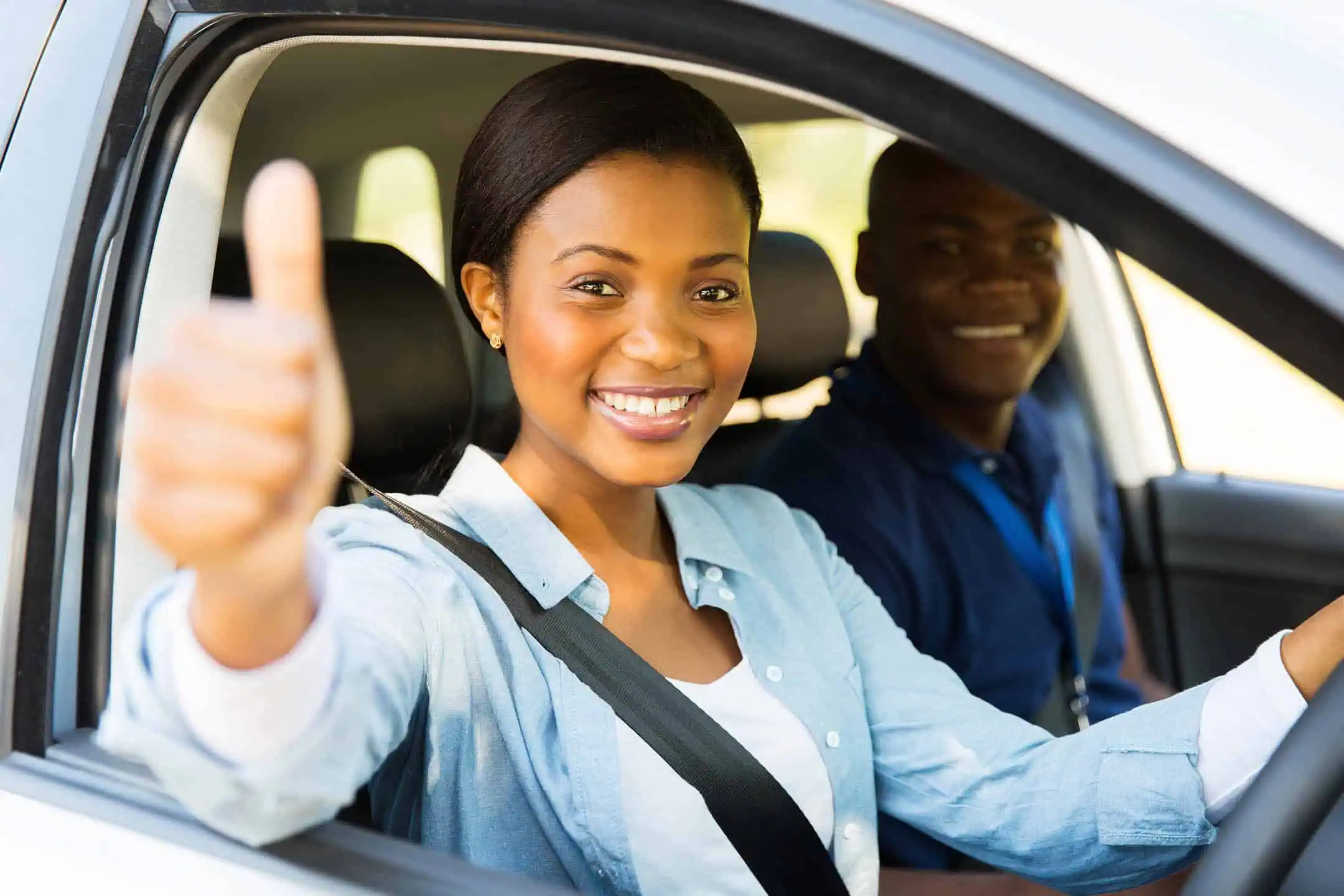
What is supervised driving practice from a parent or friend?
Supervised driving practice is when you learn to drive with a parent or other suitable person between driving lessons from a qualified instructor. Having someone supervise a learner driver is an excellent opportunity to clock up more hours on the road without paying for a driving instructor.
The DVSA (Driver & Vehicle Standards Agency) says the average learner needs around 45 hours of driving tuition with an instructor and 22 hours of additional practice with friends or family.
So, if, like most learner drivers, you don’t yet own a car, who do you know that would be happy to let you practice in theirs? You won’t be surprised to hear that, in most cases, it’s mum or dad that gets the call.
Alternatively, you may already own a car and want to drive it, but typically, your parents or family will still teach you alongside your driving instructor lessons.
Who can supervise a learner driver - eligability?
There are strict requirements for practising with family and friends.
The person supervising a learner driver must:
Be at least 21 years old.
Have held a full driving licence for 3 years from the UK or the EU.
Be qualified to drive the type of vehicle you want to learn. For example, they must have a manual licence if they supervise you in a manual car.
Not be currently banned from driving.
Learner driver insurance rules for teaching someone to drive
When you have driving lessons with a DVSA-approved driving instructor, the insurance cost is in the price you pay.
However, you and the supervisor must be insured when you have supervised driving practice.
Note: Unfortunately! Although the law states that someone from the age of 21 can supervise you with driving practice, many insurance companies impose a minimum age of 25 to teach someone to drive!
However, many insurance companies do not follow this learner driver rule and impose a minimum age of 25 when you can teach someone to drive.
There are two scenarios — practice in your car or in a car belonging to someone else.
Driving your car
The learner driver insurance rules allow you to practice in your own car. You need your own provisional/learner driver insurance and add your supervisor as a named driver on the policy. However, most people practice in someone else’s car.
Learning to drive in someone else’s car
To practice in the supervisor’s vehicle, you need to either:
- Make sure the car owner’s insurance policy covers you as a learner driver
- Take out a learner driver insurance in your name to drive someone else’s car, and the policy will not affect the No Claims Bonus of the car owner’s insurance in case of a claim.
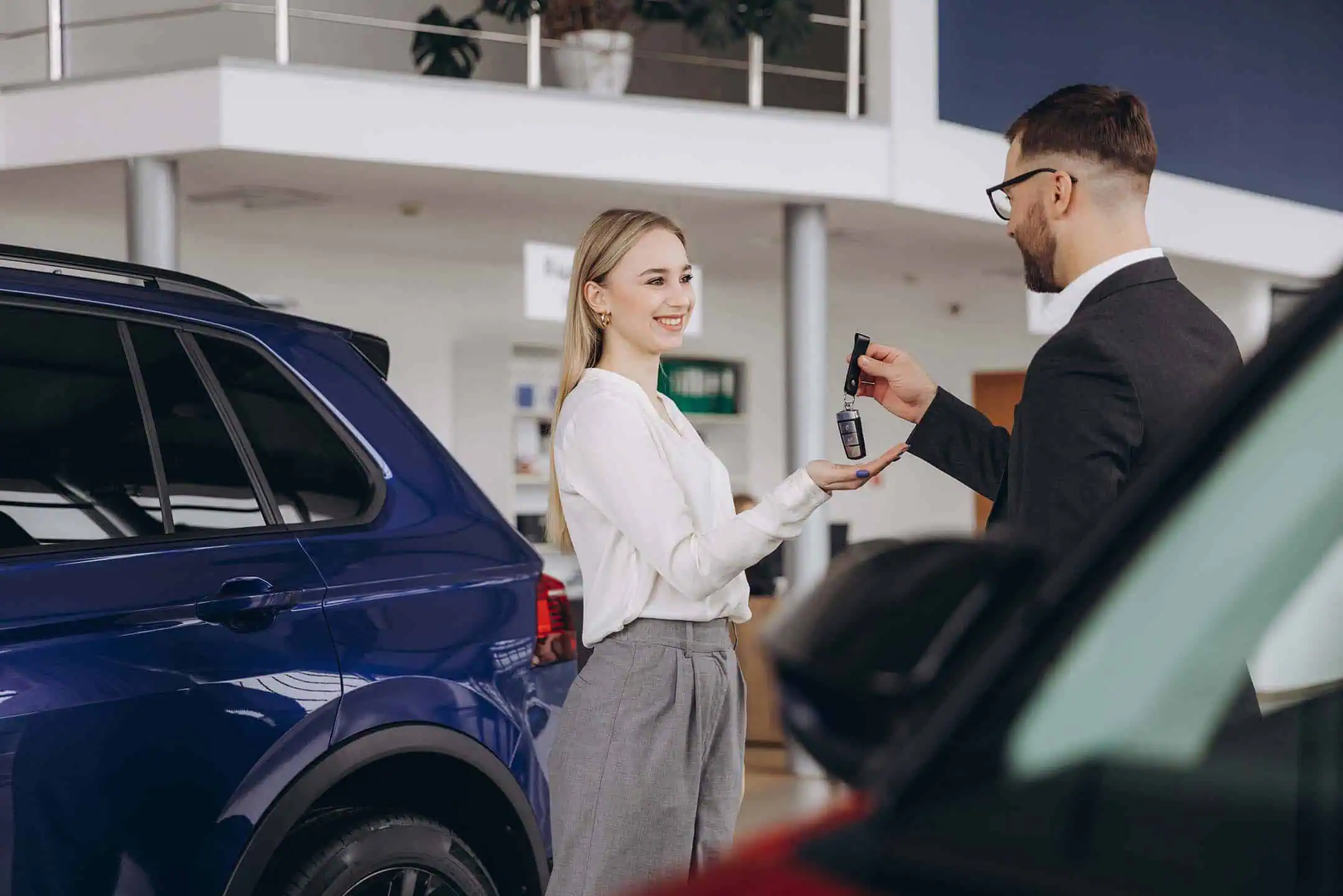
22 hours
Learner drivers who have an average of 22 hours of practice with a parent, family member or friend on top of their driving lessons are more likely to pass their driving test at the first attempt.
Source DVSA, 2024
Key tips for learner and supervisor
Having a a parent or other family member teach you to drive can be more stressful than your driving instructor, so you must remain calm and patient. Share the following learner driver tips with the person teaching you to ensure they’re safe and give you the best advice.
- Make sure you already know the basics!
- Does your supervisor know the Highway Code?
- Does your supervisor want a refresher lesson?
- Check the car is roadworthy!
- Do you have the right insurance?
- Have you got L plates (or D plates in Wales)?
- Mirrors!
- Be careful not to switch off - stay focused!
- Plan your route!
- Avoid motorways!
- Can you take passengers when you practice?
- Night Drive!
- No mobile phones!
- No smoking!
- Make sure you both Remain Calm!
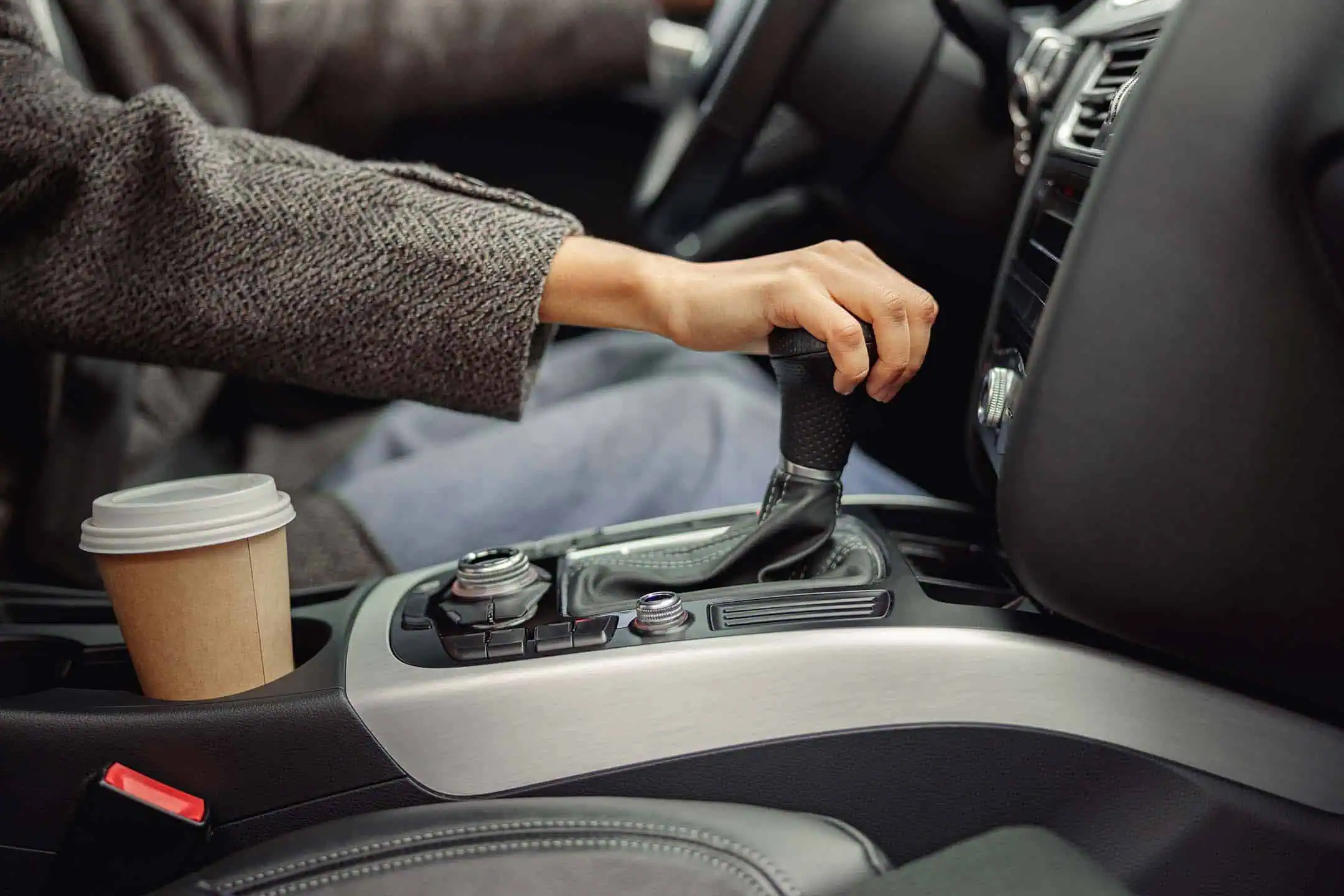
Make sure you already know the basics!
You should have covered the basic controls of the car with your driving instructor and be able to perform an emergency stop before you start supervised driving practice.
In addition, your supervisor should speak to your instructor before hitting the road so they understand your strengths and weaknesses.

Does your supervisor know the Highway Code?
Check that the person teaching you to drive is up to date with the rules in the The Highway Code to supervise a learner you must be able to apply all the rules. The code is regularly updated, so make sure you check for any recent changes.
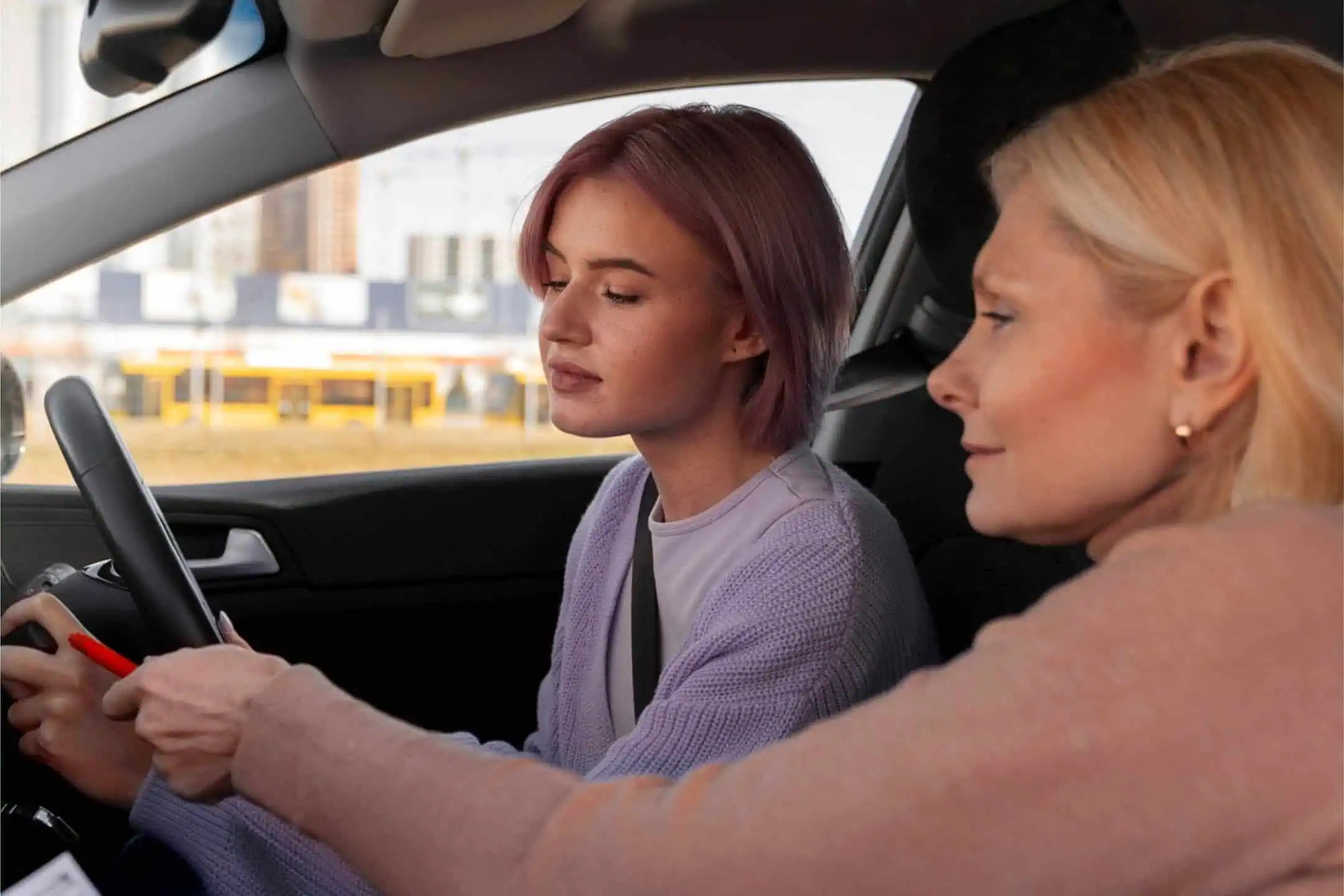
Do they want a refresher lesson?
Many supervisors choose to take a driving lesson with a driving instructor to refresh their skills before supervising a learner.
Ask the learner’s driving instructor if they can give you a lesson before you start supervising the learner. This will help you avoid passing on:
-
any bad driving habits you’ve developed
-
old techniques that may have been updated since you passed your driving test
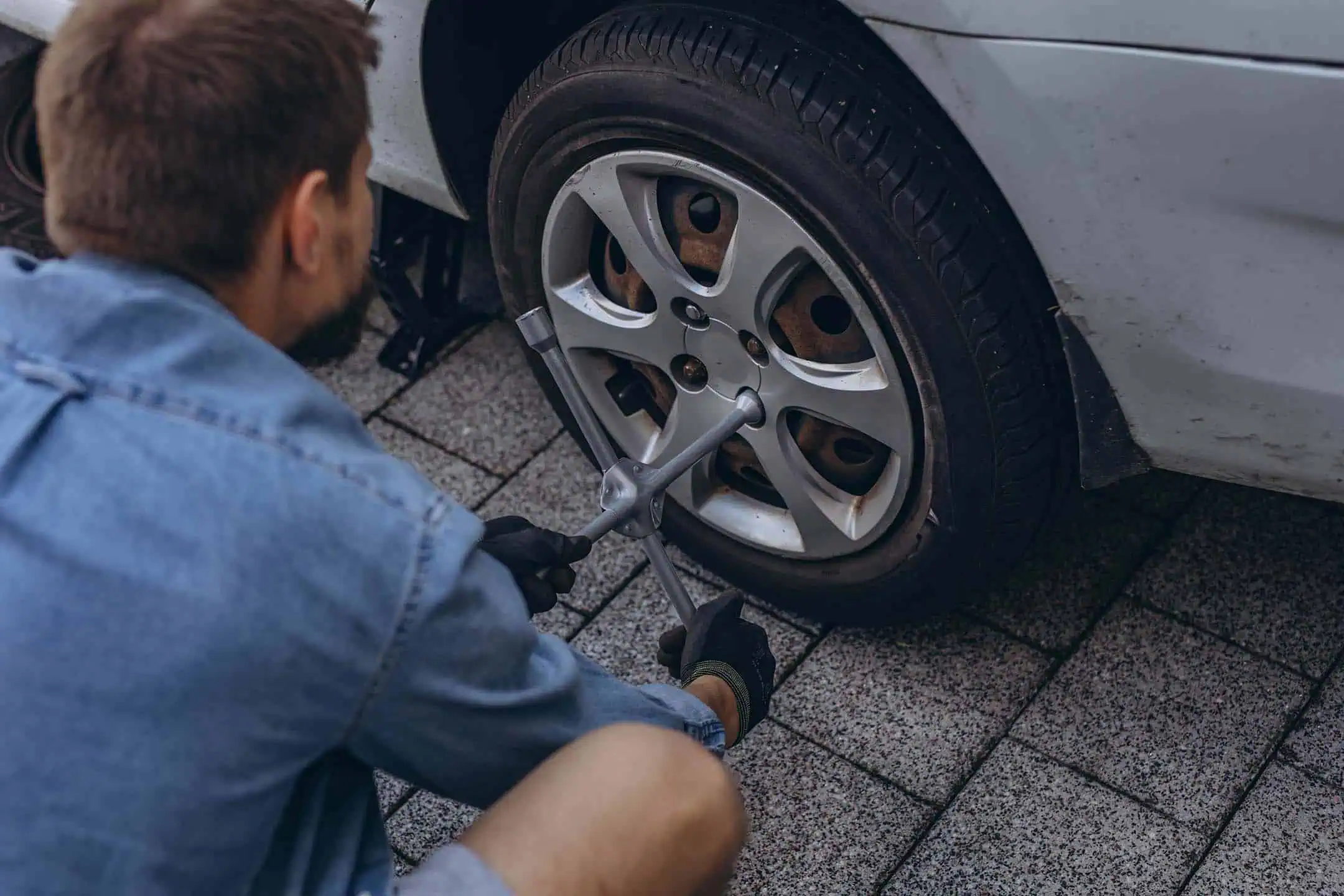
Check the car is roadworthy!
The vehicle owner must make sure the car is safe and legal to drive.
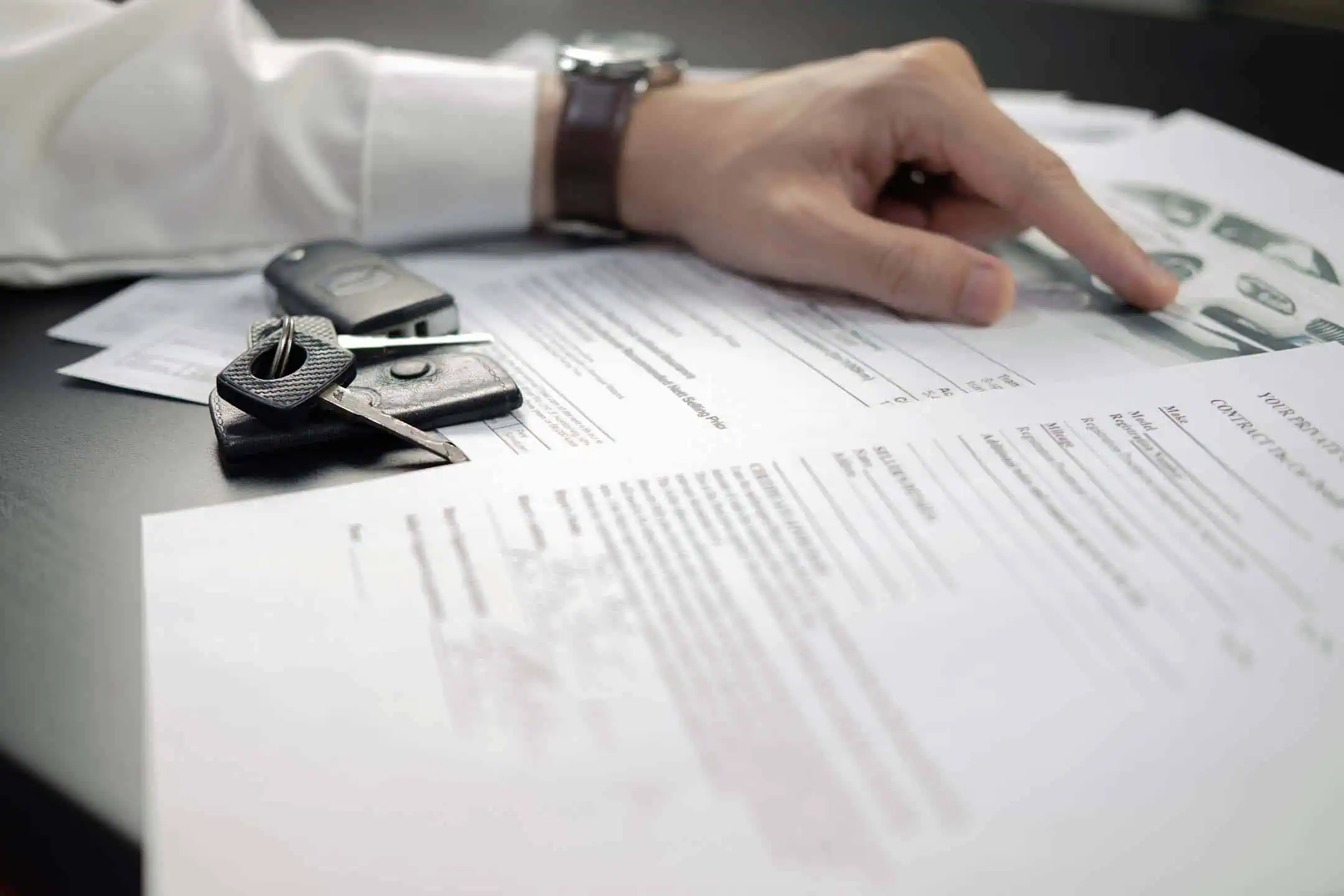
Do you have the right insurance?
Both you and your parent/supervisor must be insured when you have supervised driving practice. See teaching a learner driver insurance requirements
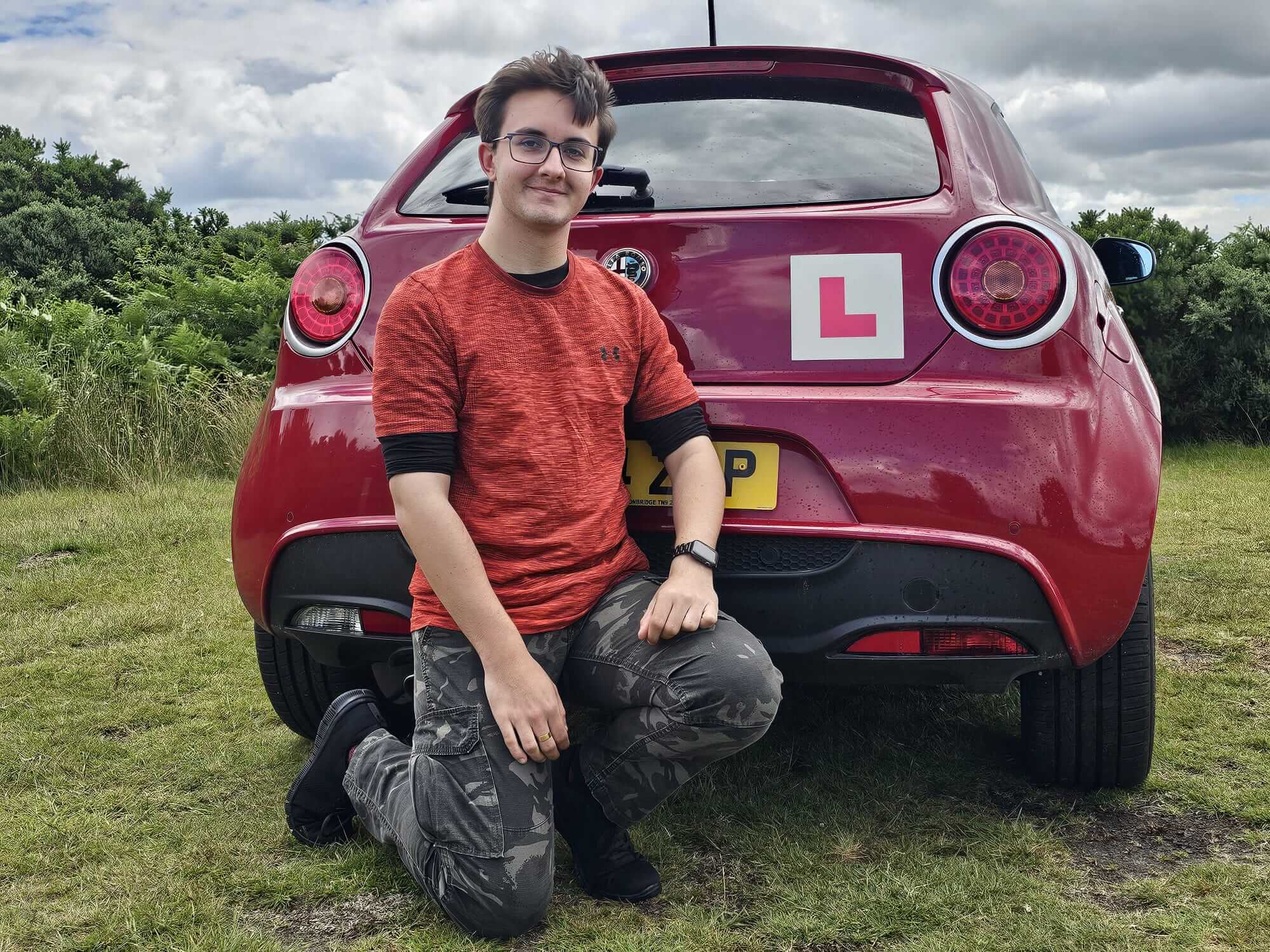
Have you got L plates (or D plates in Wales)?
L (or D) plates must be displayed on the front and back of the car when the learner is driving. Plates must be removed when the supervisor is driving, indeed, when anyone with a full driving licence is driving the vehicle. A warning about how magnetic L plates can damage your vehicle.
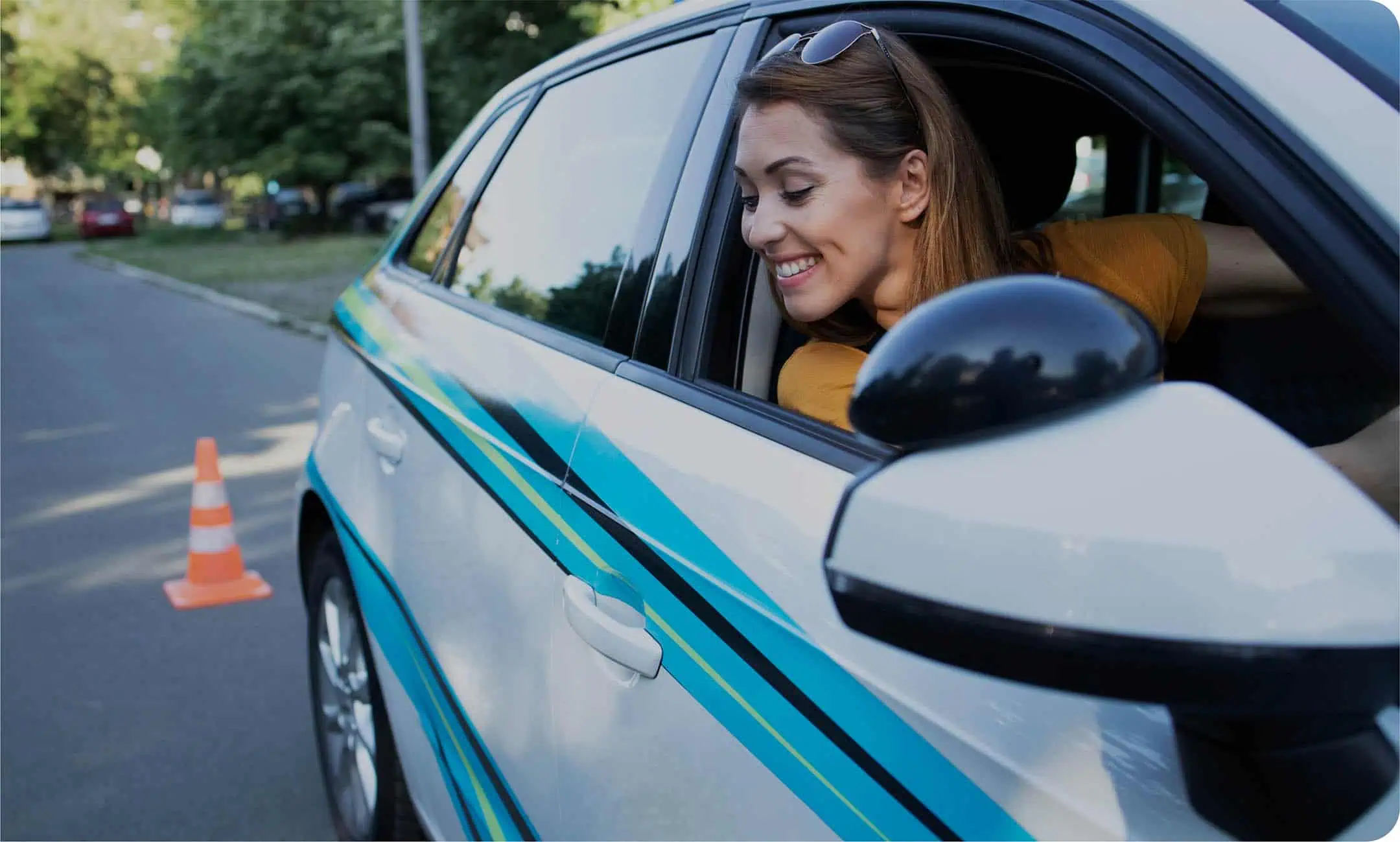
Mirrors!
We recommend using temporary removable rearview and wing mirrors to allow the supervisor to have enhanced visibility while the learner is driving.
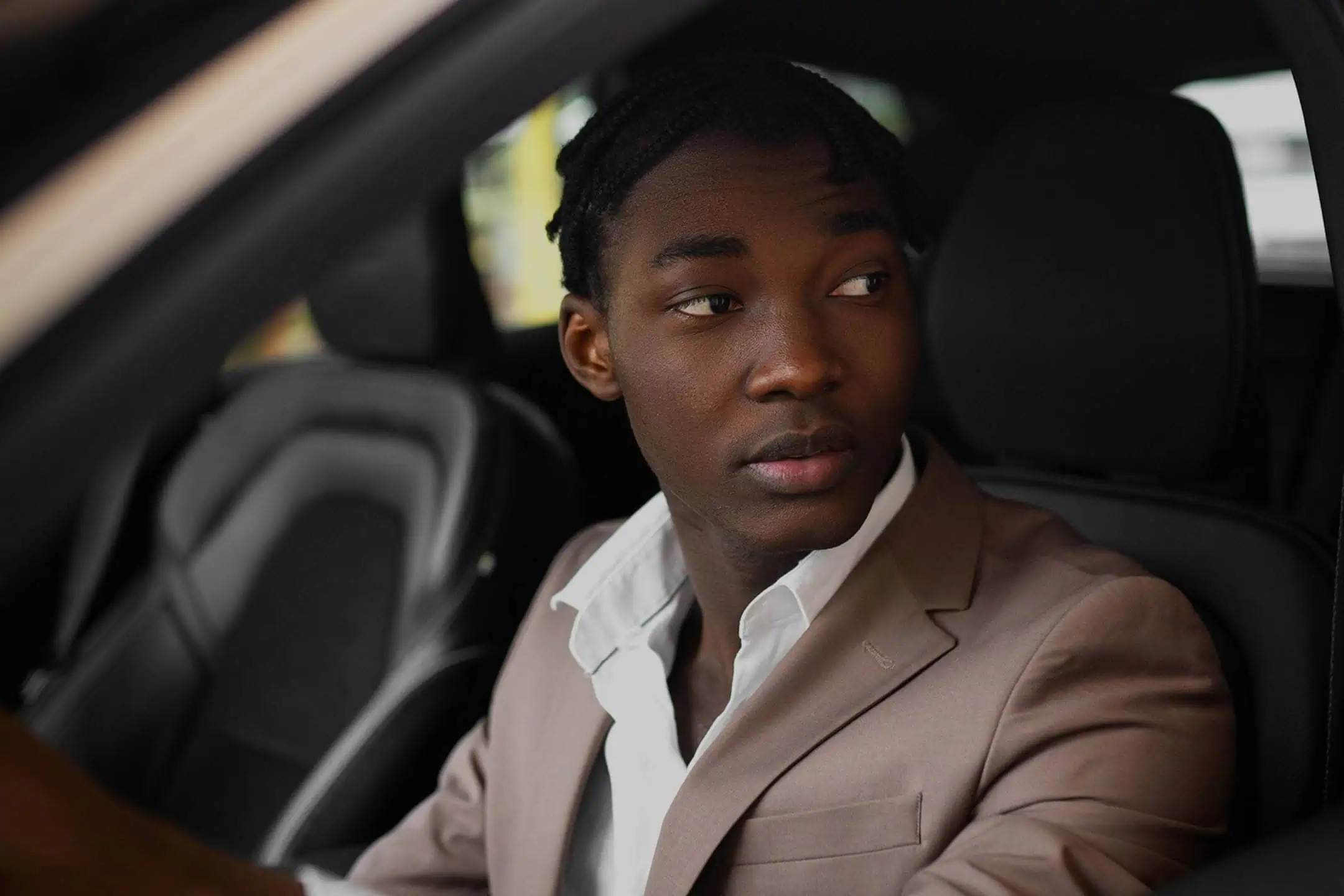
Be careful not to switch off and stay focused!
During driving practice, the supervising driver needs to remain vigilant and prepared for any hazard or emergency. This involves constant scanning for risks and being ready to intervene if required. Such focus ensures safety and teaches the learner to drive responsibly.

Plan your route!
Choose roads that are appropriate for your ability. The supervisor should make sure they’re clear and precise with their instructions and give ample notice.
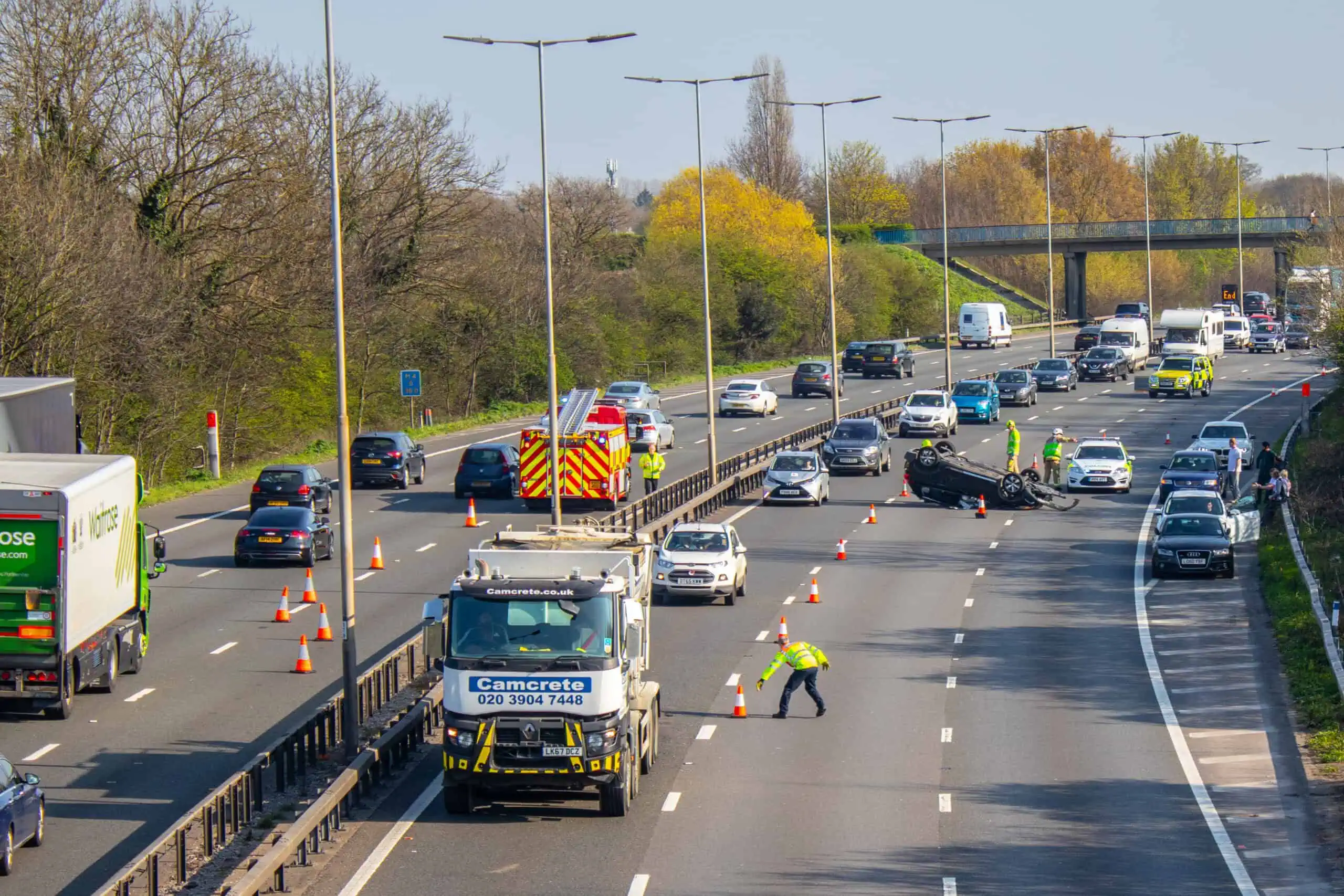
Avoid motorways!
It’s illegal for a learner driver to go on the motorway without an approved driving instructor (ADI) in a vehicle fitted with duel controls.
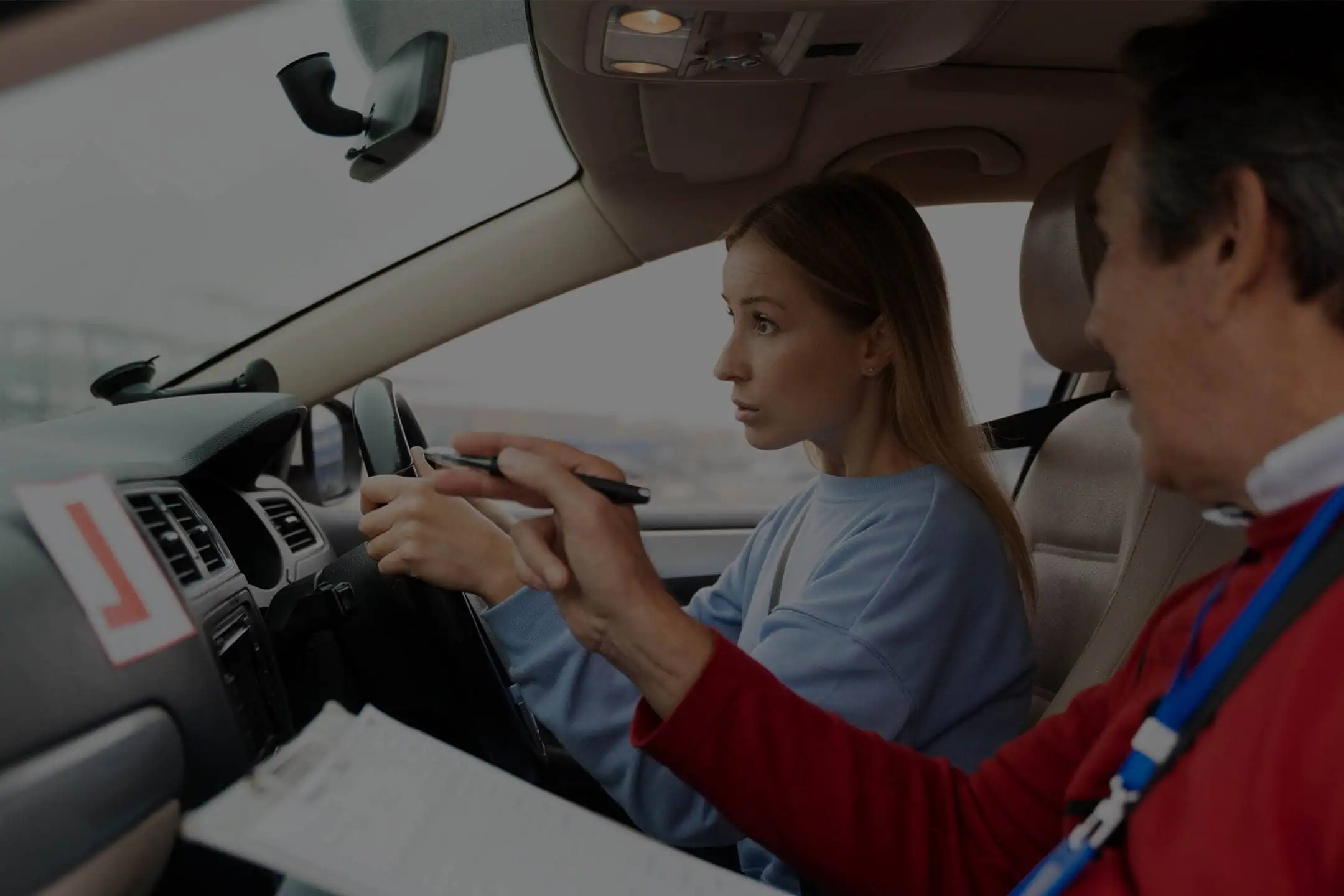
Can you take passengers when you practice?
Yes, driving on a provisional licence with passengers is legal. Other passengers can sit in the car while the learner is supervised, but they should not distract the learner while they’re driving.
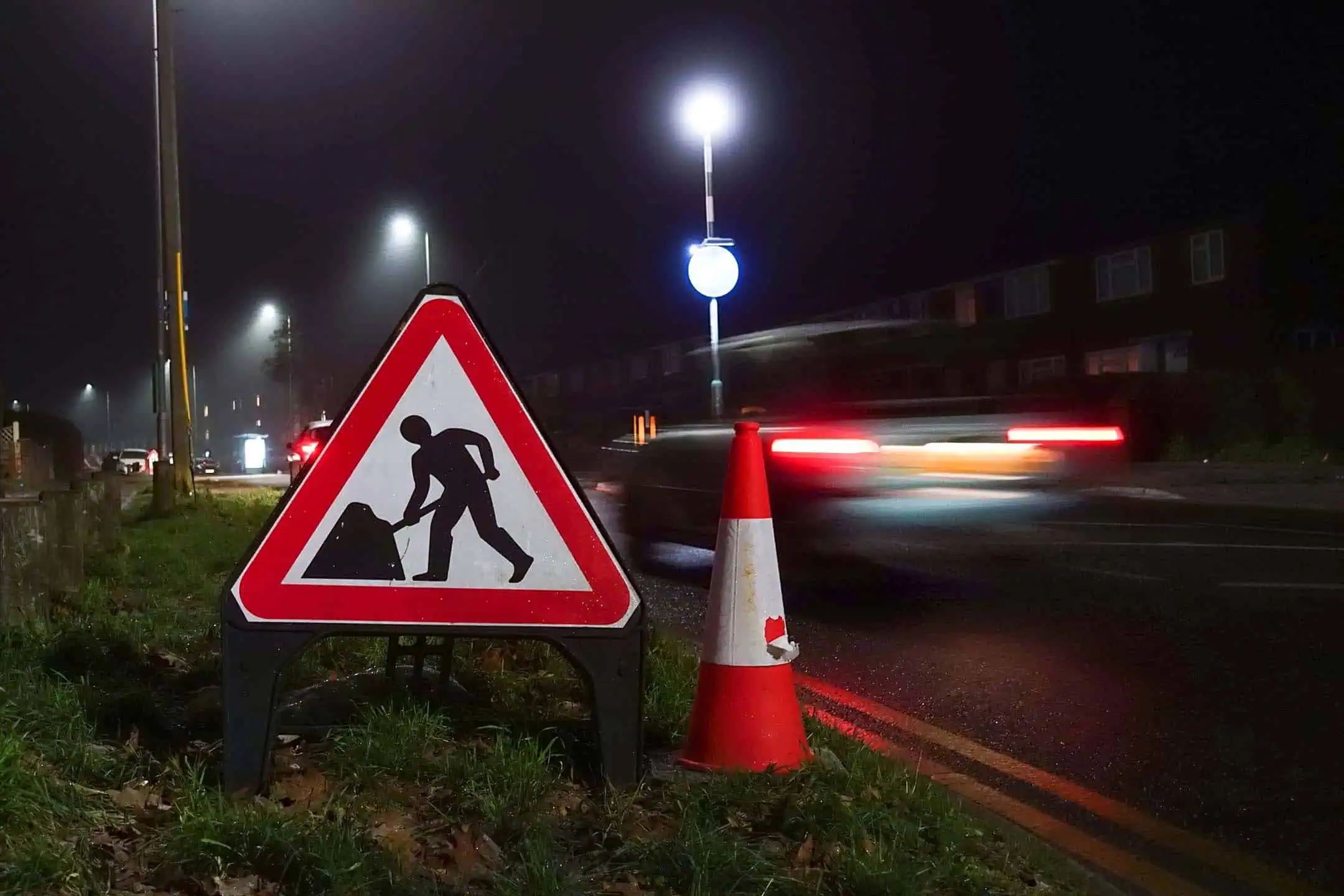
Night Drive!
Yes, learner drivers can practice at night as long as they drive under the correct supervision.
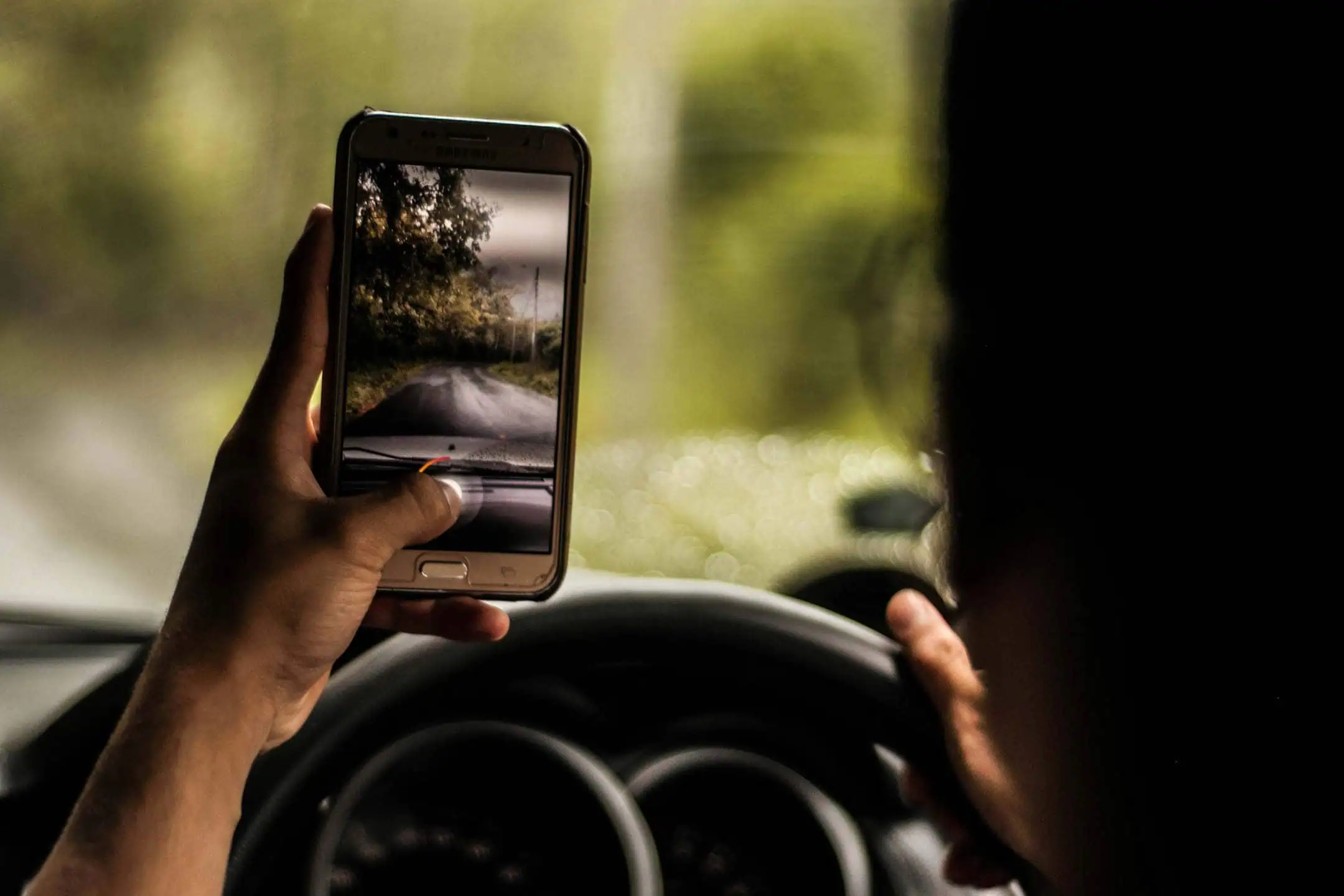
No mobile phones!
It is illegal to use a mobile phone while supervising a learner driver.
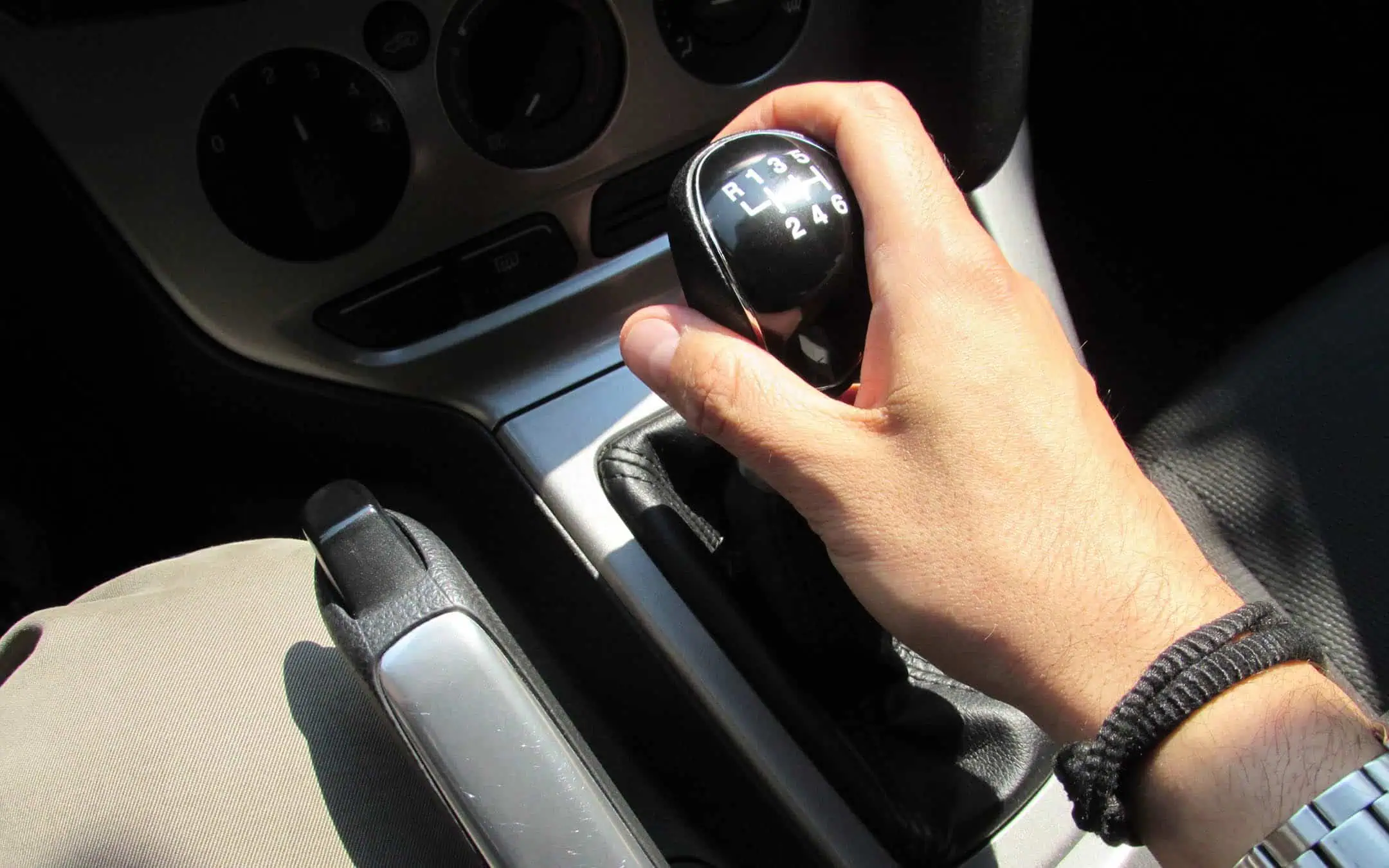
No smoking!
Smoking is unlawful in a car if any occupants are under 18.

Make sure you both Remain Calm!
Guidance - supervising a learner driver
See this schedule to help supervise learner drivers’ practice sessions between lessons with an approved driving instructor.
- When to start practice sessions.
- Plan practice route.
- During practice sessions.
- After each practice session.
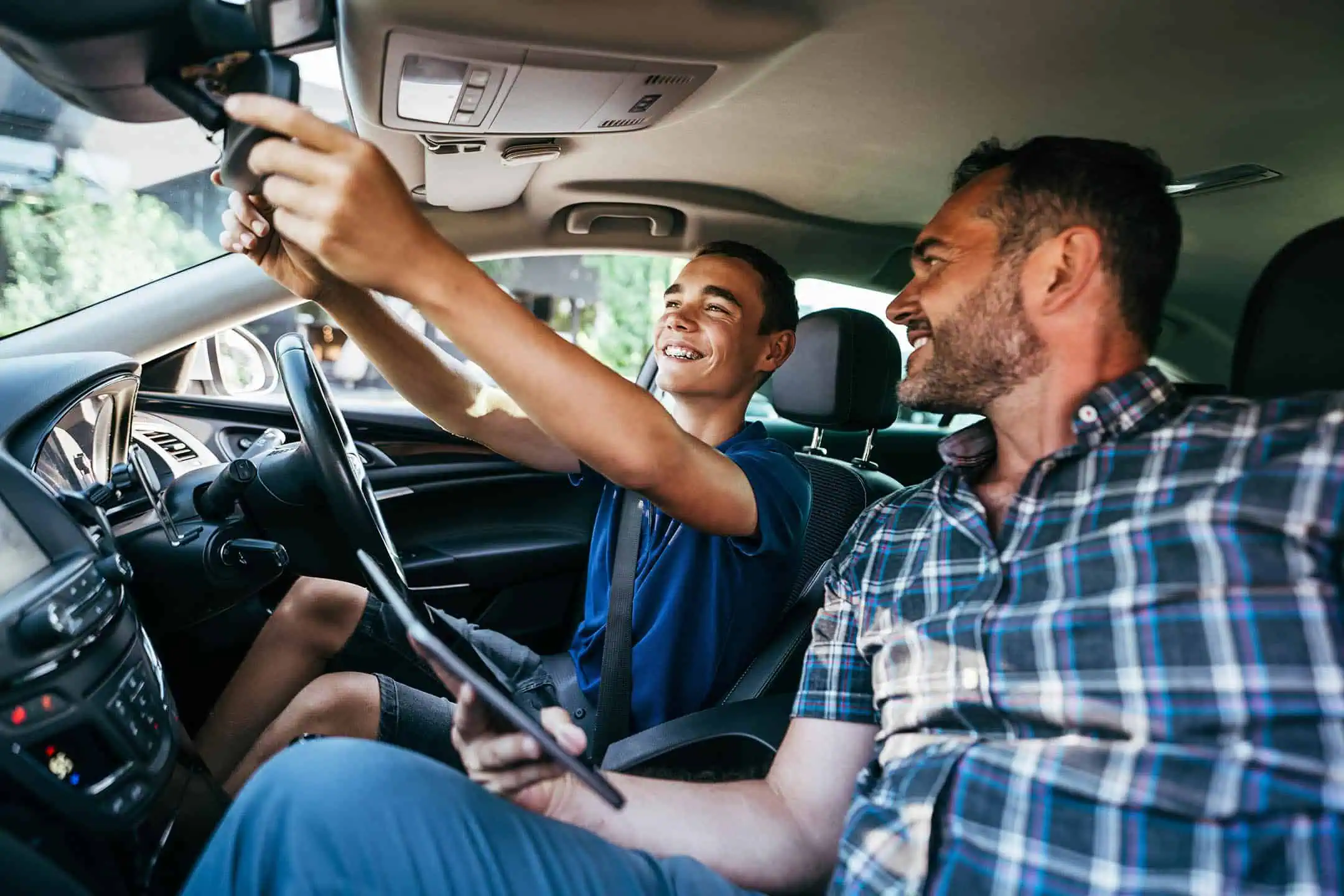

What is the “Drivers Record”
Keep track of your private driving practice sessions when learning to drive a car. Record each session you complete with family or friends to share with your driving instructor. Use this specific form to log your practice, including driving:
- At night
- On various road types, such as country roads or dual carriageways
- In different weather conditions
Additionally, practice route planning and navigation.
This record helps complement the progress made in your formal driving lessons. Note that there is a separate form for your driving instructor to document your progress during those lessons.
Can learner drivers drive with Passengers?
Yes, a learner driver can carry passengers on a provisional licence providing the supervisor is in the car and meets all legal criteria.
However, ‘just because you can, doesn’t mean you should’, passengers can all too easily cause distraction and divert the attention of the learner driver and the person teaching.
In the early days of your driving, we strongly suggest avoiding potential disturbance such as a carload of people or loud music.
What about young children in the car?
The same applies to all ages of passengers. Learner drivers legally can drive young children and infants as long as they comply with child seat laws.
How many passengers can a learner driver have?
We advise avoiding a carload of people in the learner’s interest and the person supervising.
However, learner drivers can drive with as many passengers as the car can legally hold.

Can learner drivers drive at night?
Yes, learner drivers are legally entitled to drive at night with the necessary insurance and supervision.
However, driving when it is dark can be challenging for learner drivers but should not stop you from doing so, and we highlight here the specific points why they struggle to drive at night.
Have in mind
Reduced visibility of other road users
Having to spot the headlights and taillights of other vehicles opposed to daylight visibility of the car.
Reduced visibility of road markings at night
During the daytime, road markings are visible. In contrast with night driving, road markings look faint, and learner drivers will need to adapt.
Judging speed and distance in the dark
When a car is driving in front of you in the daytime, it’s easy to see the distance. At night, it may look like a vehicle is moving more quickly than it is because you’re relying on the taillights as your reference point for the distance.
Some learner driver insurance policies don’t allow you to drive at night
Beware whilst learner drivers can drive legally at night. Although some insurance policies allow night driving, other provisional insurance companies may impose a curfew.
Get learner driver insurance or go on the car owner’s insurance!
If you want to go out on the road with a parent or friend, you will need to understand the rules for who can supervise you. (see above).
You also must make sure you have some form of learner driver insurance in place. With insurance, you have a couple of options. You can either go on the policy of the person supervising you or take out Learner Driver Insurance in your name.
There are pros with the insurance in your name, such as if an accident occurs whilst you are driving the car, the no claims bonus on the owners’ insurance is not put at risk.
Now something not to get caught out on. More often than not, the supervising driver turns out to be mum or dad, no problem. But, if you get a friend to supervise, beware. Most learner driver insurance policies require that person to be 25+.
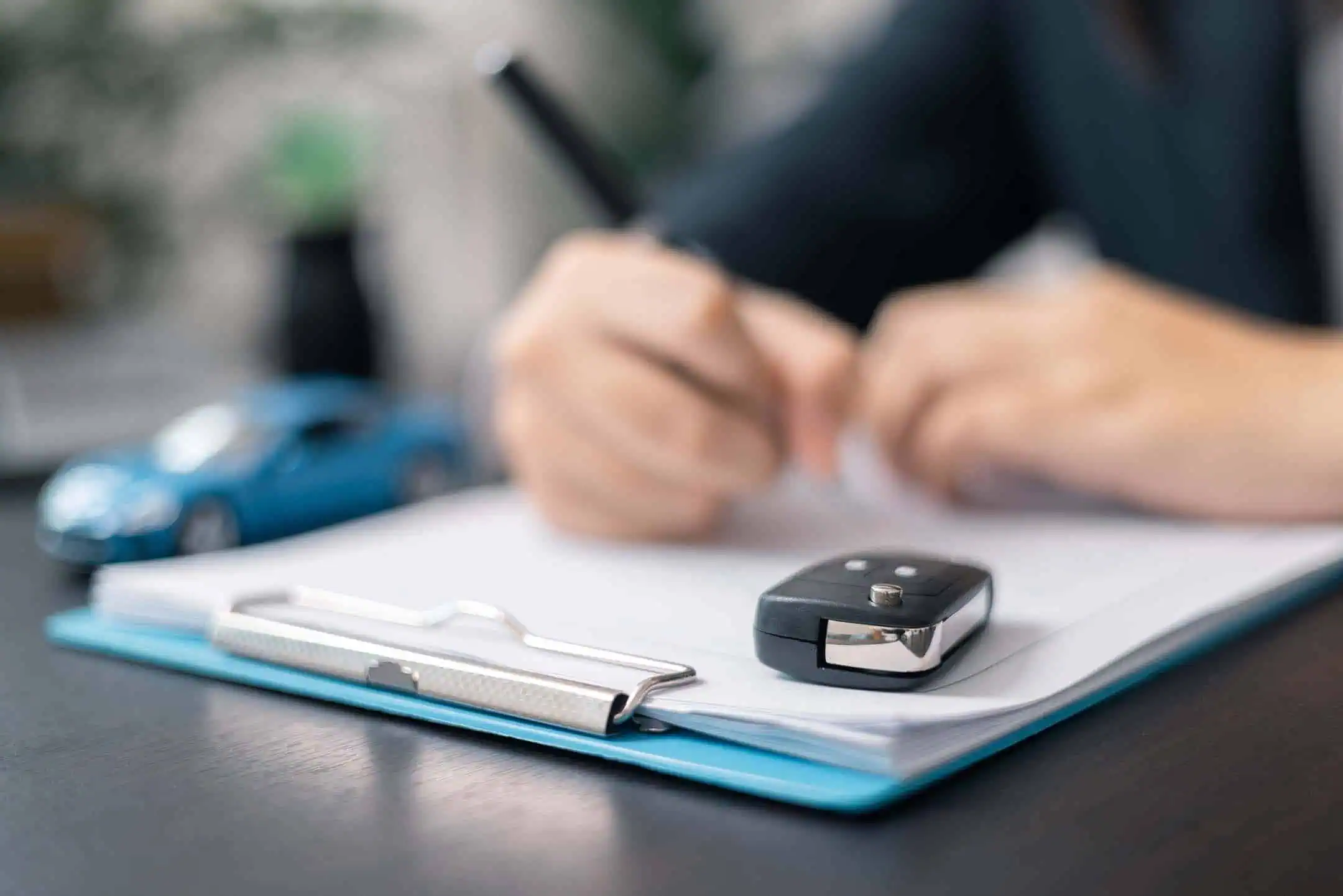
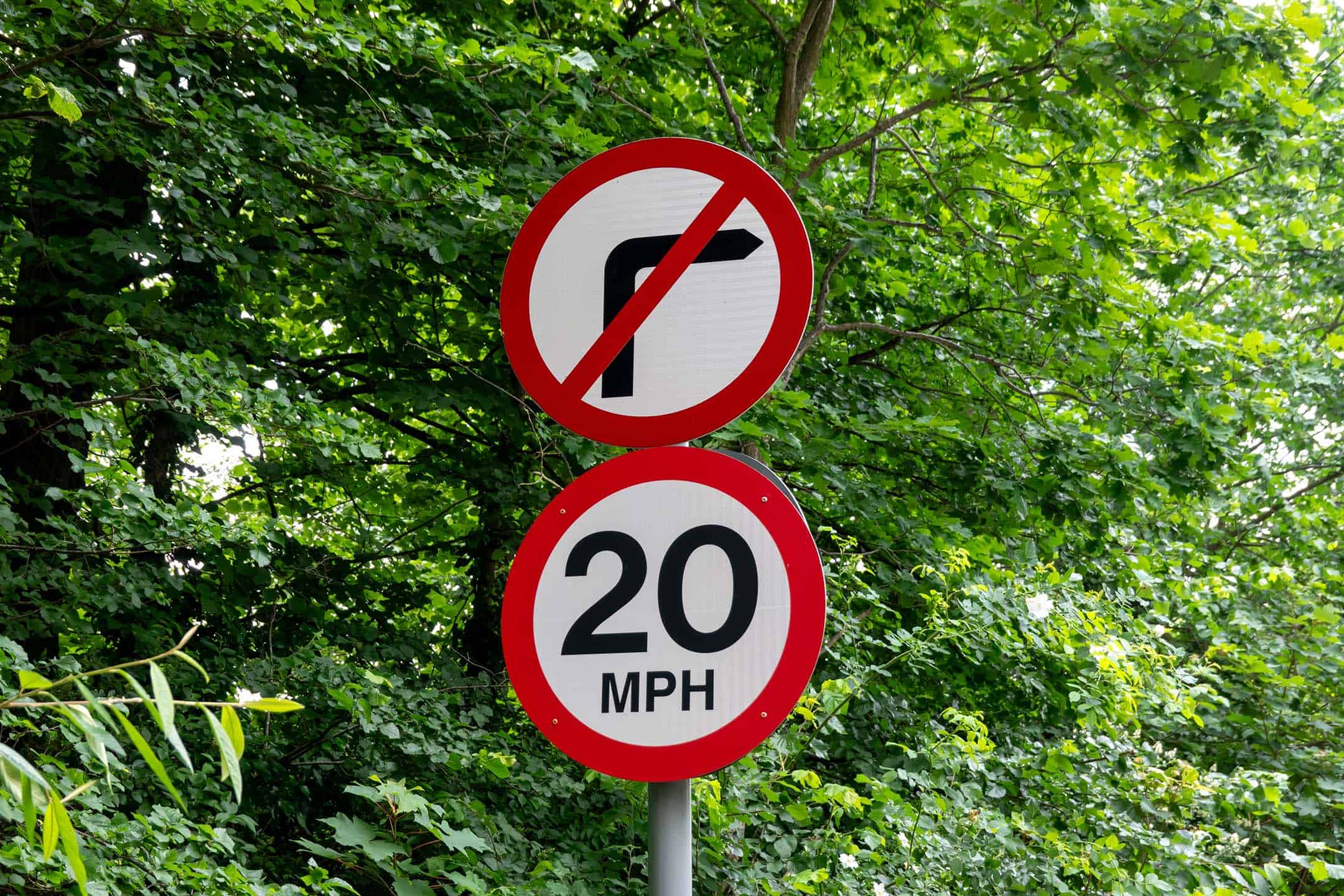
Do speed limits differ for learner drivers in the UK?
England, Scotland, and Wales speed limits are the same for learner drivers as those who have passed the driving test.
However, Northern Ireland has a 45 miles per hour speed limit for learner drivers.
Driving while uninsured – don’t do it.
Insurance may not be the most exciting topic, but it’s as essential as your provisional licence if you want to learn to drive. Yet, despite this, there are reportedly half a million young drivers on the road without insurance.
If caught driving without insurance, you may have to face up to the following consequences:
A fine of £300 and six penalty points on your provisional licence.
Should you already have six or more points on your provisional licence, you will have your licence revoked if you get just one more point in the 24 months after passing your test.
If you have a clean record for 24 months after passing your test, the points will remain on your licence for three years from the time of the offence.
It will be revoked if you get more than six points on your provisional licence before passing your test.
If your licence is revoked, you will need to start the entire process again. That includes applying for another licence, arranging lessons, retaking your theory and practical tests, and getting insurance.
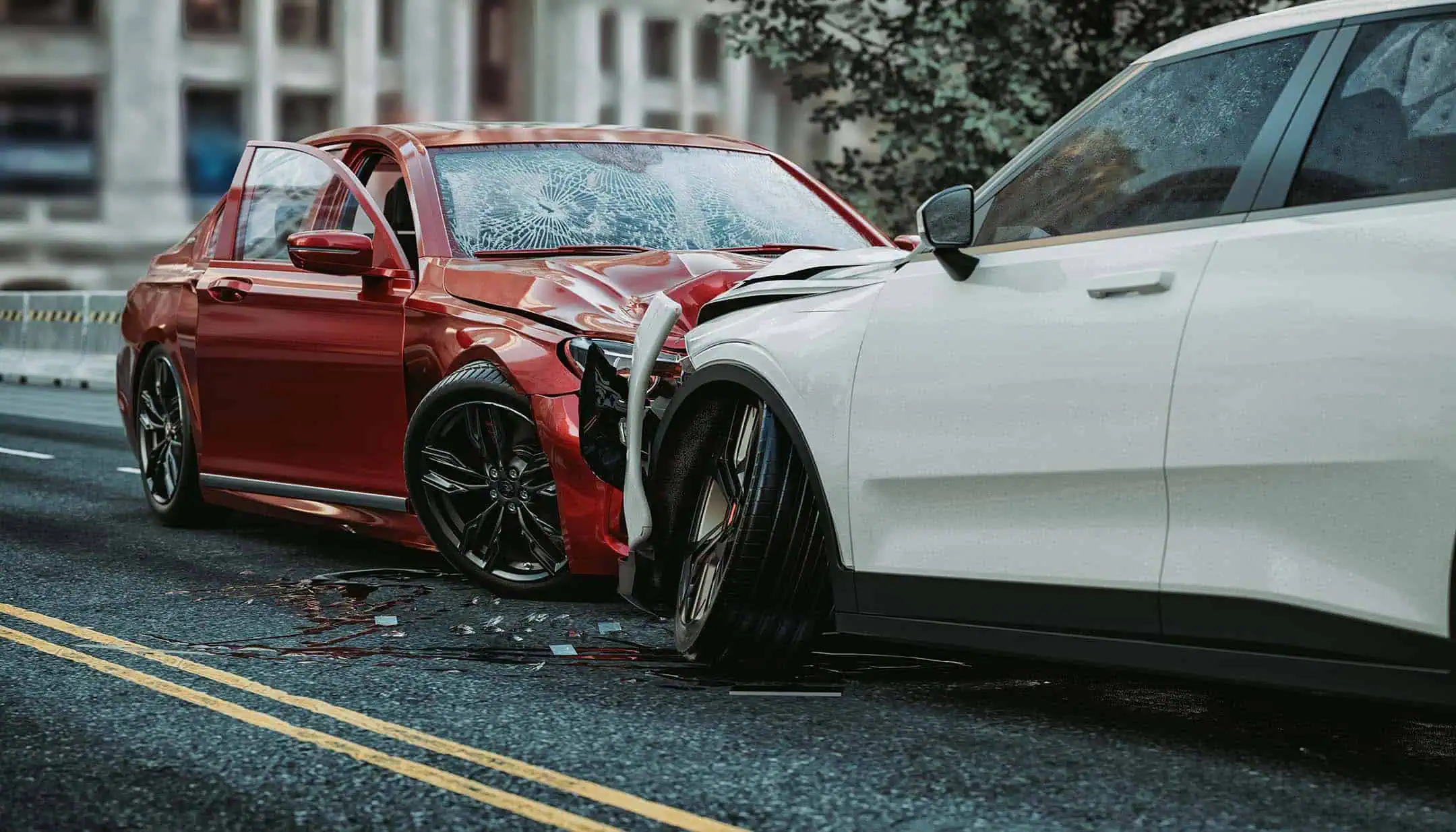
Be Aware!
Just because someone has a driving licence doesn’t mean they’re qualified to supervise you. To teach you to drive, someone must be a minimum of 21 years old and have held a full driving licence for three years. Don’t get caught out.
You can get fined up to £1,000 and receive up to six penalty points on your provisional licence if you get stopped driving alone or without the correct supervision.